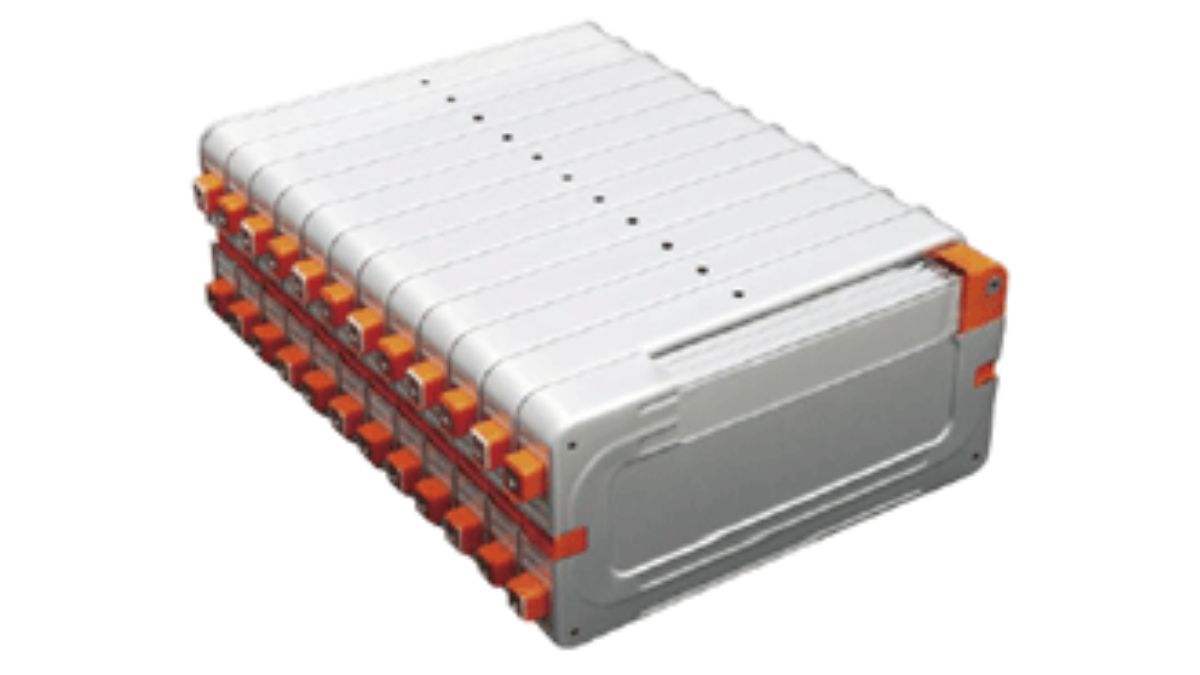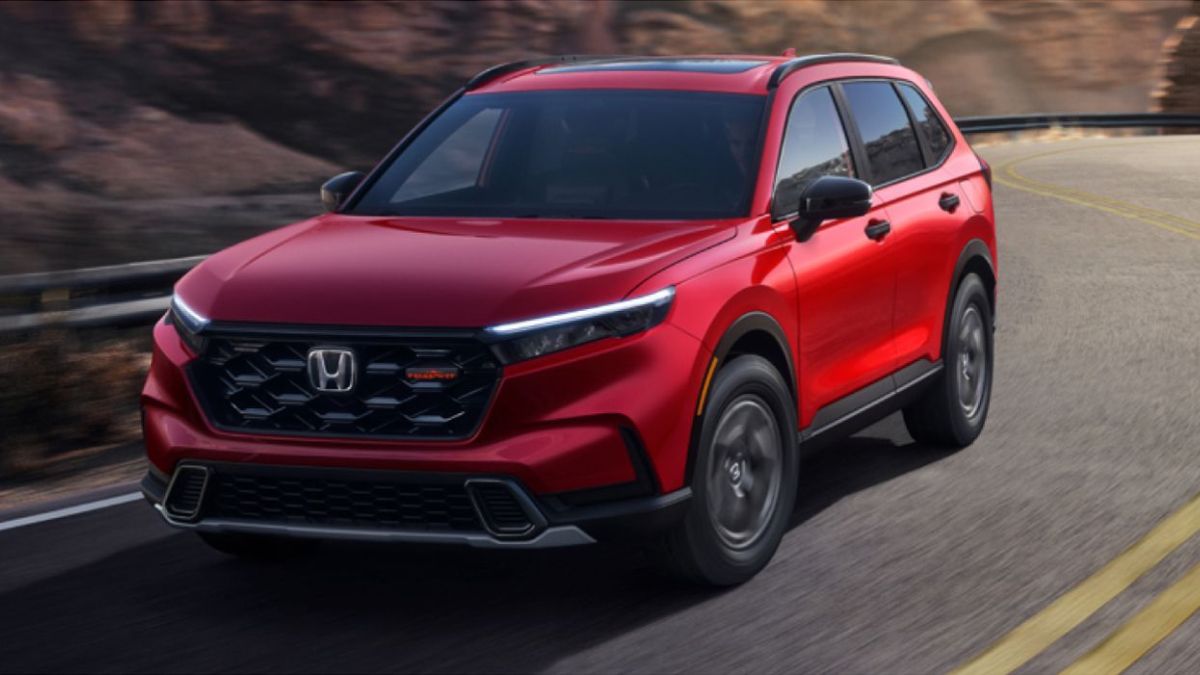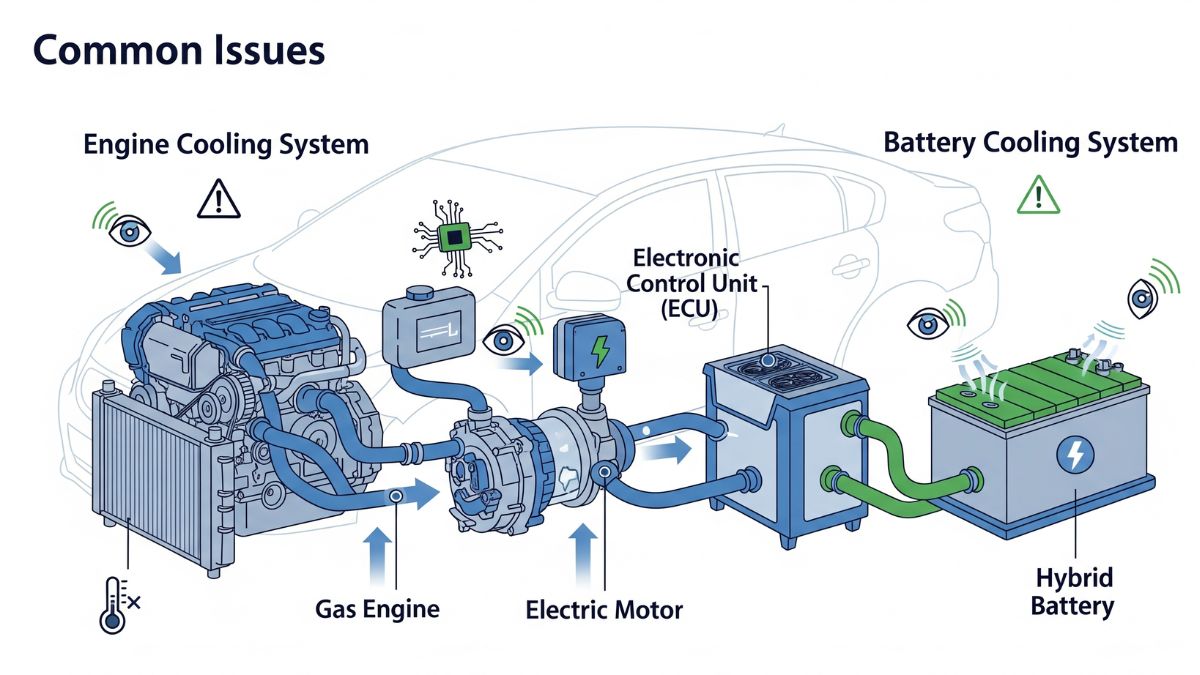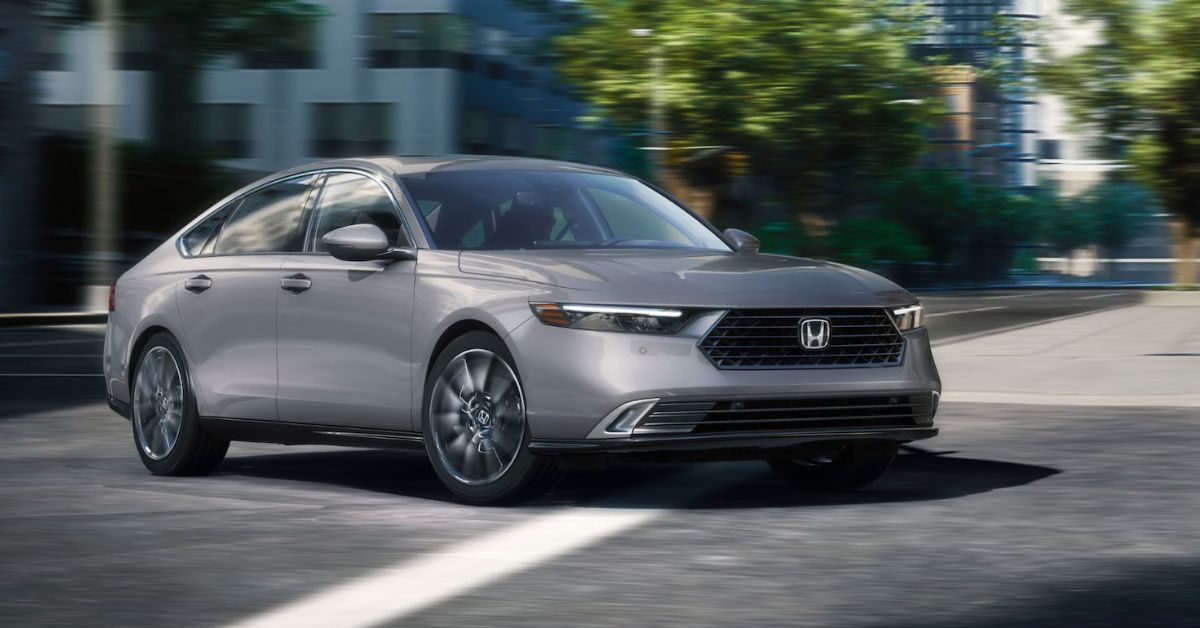Are hybrid cars reliable? Many buyers ask this because hybrids mix familiar gas engines with newer tech like electric motors, large batteries, and regenerative braking. At first, this can seem complicated or even risky. But the truth is, hybrids have proven to be very reliable. In fact, research and consumer reports show that many hybrids, especially from trusted brands, often have fewer issues than regular gasoline cars.
Why Hybrid Cars Last Longer

The secret behind hybrid cars’ reliability is in their design. Since they use both a gas engine and an electric motor, the workload is shared, which reduces wear and tear. In city traffic, for example, a regular engine is always starting, idling, and revving, which wears it out faster. A hybrid can rely on its electric motor during these times, giving the gas engine a break. This teamwork puts less stress on the engine, transmission, and brakes. Plus, the regenerative braking system uses the electric motor to slow the car and recharge the battery, which means the traditional brakes last much longer.
Are Hybrid Batteries Reliable?
For many people, the biggest concern about hybrids is the battery. It’s an expensive part, and the thought of it failing can be worrying. While early hybrid batteries didn’t last very long, the technology has improved a lot. Today, most hybrid batteries are built to last the entire life of the car, and manufacturers usually back them with warranties ranging from 8 to 10 years or 100,000 to 150,000 miles.

Another key point is that hybrid batteries don’t work the same way as your phone battery. Instead of fully charging and draining, they stay between about 20% and 80% charged. This smart system prevents the wear that comes from constant full charge cycles and helps the battery stay healthy for much longer.
Which Hybrid Cars Are Most Reliable?

Hybrid cars are generally very reliable, but not every model is the same. Some brands have a stronger track record than others. Toyota and Lexus stand out for their proven hybrid systems, thanks to their early success with the Prius. Honda has also built reliable hybrids like the Accord Hybrid and CR-V Hybrid. When choosing, it’s best to check the history of the specific model and brand you’re interested in. A newer plug-in hybrid from a company with less experience may not be as dependable as a long-established traditional hybrid.
Common Issues in Hybrid Cars
Like any vehicle, hybrids can have problems, but most are tied to their unique systems. The cooling systems for both the engine and the battery are areas that sometimes cause trouble. Since hybrid engines often run cooler and start or stop more often than regular engines, they can wear in different ways.

Another area is the electronic controls that manage how power shifts between the gas engine and the electric motor. In rare cases, these systems can have sensor or software issues. The good news is that such problems are becoming less common as the technology improves, and most are usually covered under the car’s warranty.
Final Thoughts on Hybrid Car Reliability
For most models, reliability isn’t something you need to worry about with a hybrid. The way the gas engine and electric motor share the workload helps reduce stress on key parts, meaning less wear and tear overall. While replacing a hybrid battery can be costly, it’s rare to need one during the main ownership period, and the money saved on fuel usually makes up for it.
To get the most out of a hybrid, it’s best to choose well-known brands with a solid track record and keep up with the recommended maintenance schedule. With their excellent fuel efficiency and proven dependability, hybrids give drivers a practical and worry-free way to go green without giving up peace of mind.

